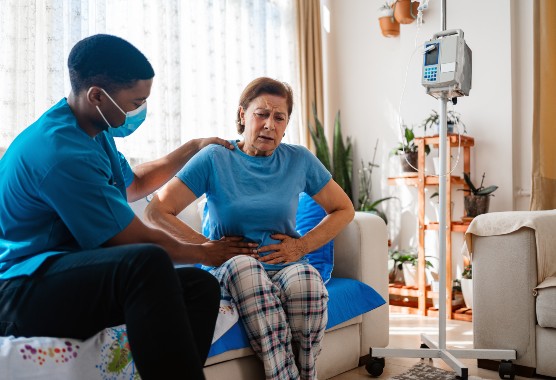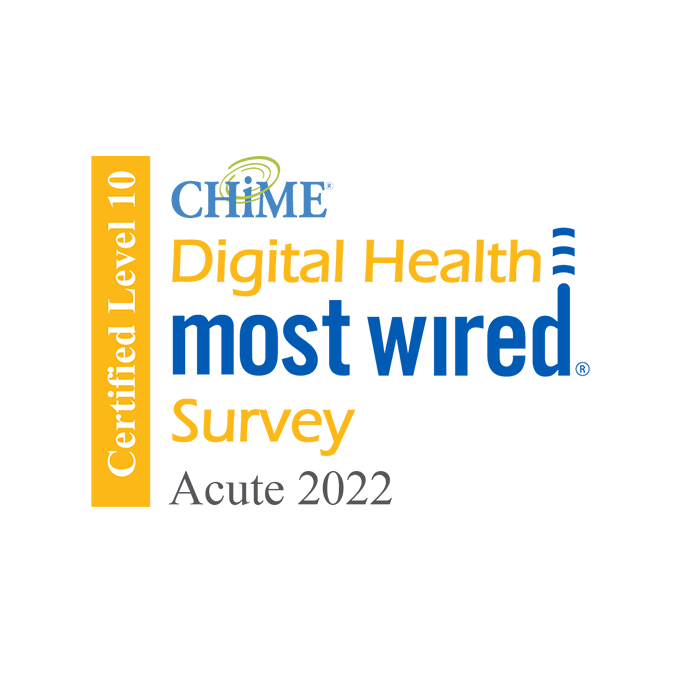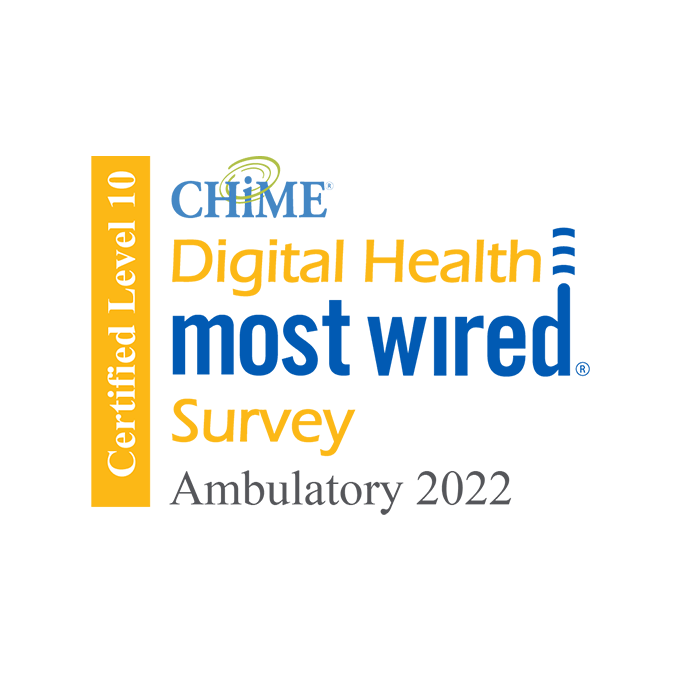Digestive System Cancer
Our specialized programs for different types of gastrointestinal cancers treat even the most challenging cases. We provide a range of supportive services including nutrition, counseling and help adjusting to post-treatment challenges.
Medically reviewed by David Tom Cooke, M.D. on June 08, 2023.

Personalized Digestive System Cancer Care
UC Davis Comprehensive Cancer Center is among the top 1% of U.S. cancer centers, as designated by the National Cancer Institute. This rating means we offer the most innovative and personalized cancer therapies.
Types of Gastrointestinal Cancers
Gastrointestinal (GI) cancers occur in digestive tract organs and organs associated with digestion.
Common types of GI cancers include:
- Colorectal
- Esophageal
- Liver
- Pancreatic
- Stomach (gastric)
Less common GI cancers include:
- Anal
- Gallbladder
- Small intestine
Gastrointestinal Cancer Symptoms
Different GI cancers may have different symptoms. They also vary from one person to the next.
Common Symptoms
Some of the more common GI cancer symptoms include:
- Abdominal (belly) pain
- Appetite changes
- Changes in bowel habits or having bloody stools
- Difficult or painful swallowing
- Heartburn, indigestion, nausea or vomiting
- Jaundice (yellowing of your skin and eyes)
- Unexplained weight loss
Emergency Symptoms
Get medical care right away if you:
- Can’t stop vomiting
- Have severe abdominal pain
- Vomit blood
Gastrointestinal Cancer Causes & Risk Factors
Causes of GI cancers are sometimes unknown. Like other cancers, these conditions often involve changes in your DNA, called mutations. Your DNA controls how each cell grows and functions. Mutations can cause cells to become cancerous and multiply out of control.
There are several known factors that can raise your risk of GI cancers. These factors vary depending on the type of cancer, including:
Age
The risk of GI cancers generally increases as you get older.
Drinking Alcohol
Excessive, drinking raises your risk of esophageal and liver cancers.
Biological Sex
GI cancers are somewhat more common in men.
Certain Conditions
Certain diseases raise your risk of GI cancer. For example, cirrhosis of the liver and Hepatitis B or C increase liver cancer risk. Diabetes raises your risk of pancreatic cancer.
Family History
Having close relatives with stomach or colon cancer raises your risk of these cancers.
GERD or Acid Reflux (Heartburn)
The most common cause of cancer of the esophagus is long-standing exposure to stomach acid and bile caused by gastroesophageal reflux disease (GERD).
Infections
Human papillomavirus (HPV) raises your risk of esophageal cancer. Helicobacter pylori, a type of bacteria, can raise your risk of stomach cancer.
Lifestyle
Tobacco use and smoking raise your risk of esophageal and pancreatic cancer. Poor diet may be a risk factor for several GI cancers.
Diagnosing Digestive System Cancers
At UC Davis Comprehensive Cancer Center, we use the latest technology and techniques to diagnose digestive system cancers.
Diagnostic tests may include:
- Biopsy: A specialist removes a small sample of tissue to analyze it for cancer cells.
- Blood tests: Lab tests check your blood for changes that may be signs of cancer.
- Colonoscopy and sigmoidoscopy: A flexible tube with a tiny camera on the end passes through your anus into your colon (large intestine). It allows your physician to see changes that may be cancerous and take tissue samples for testing.
- Endoscopy: A scoping procedure that allows your physician to view the inside of your esophagus, stomach and small intestine. Changes to the linings of these organs may be signs of cancer.
- Laparoscopy: A surgical oncologist inserts a laparoscope (a thin lighted tube) through a tiny incision in your skin to look for problems in organs.
- Imaging tests: Scans such as CT, MRI, ultrasound and X-ray create pictures of the inside of your body. These tests may show the locations of tumors.
Gastrointestinal Cancer Treatment at UC Davis
The oncologists at UC Davis Comprehensive Cancer Center conduct clinical studies and work closely with researchers. This allows us to quickly begin using the most advanced treatments.
We’re always running innovative clinical trials to test new therapies and benefit our patients. You may have the option to take part in trials for leading-edge biologic and targeted therapies.
Treatment for GI cancers often involves combining two or more therapies.
Chemotherapy
Chemotherapy (chemo) drugs stop cancer cell growth and shrink tumors. Our infusion center offers a comfortable, quiet place to receive intravenous (IV) chemotherapy.
Organ Transplant
A liver transplant may be part of liver cancer treatment.
Percutaneous Ethanol Injection
A surgical oncologist injects ethanol into a tumor. The ethanol destroys cancer cells. You may need several rounds of injections.
Radiation Therapy
Our Department of Radiation Oncology offers both external and internal radiation therapy. For external radiation therapy, a machine aims high-energy radiation at tumors. For internal radiation therapy, a surgeon temporarily places radioactive substances inside your body near the tumors.
Surgery
A cancer surgeon removes cancerous organs or tissue. At UC Davis Health, we used highly specialized procedures, including robot-assisted surgery, for each type of GI cancer.
Preventing Gastrointestinal Cancers
You can lower your risk for some GI cancers by eating a healthy diet, not drinking alcohol and not smoking.
Colorectal cancer is the
2ndMost common cause of cancer death
Colonoscopies are associated with
88%Decreased risk of dying from colon cancer
Sources:
American Cancer Society: Key Statistics About Colorectal Cancer
Gastroenterology: Strategies for Colorectal Cancer Screening
Request an Appointment
Our cancer specialists provide thorough evaluations and personalized treatment plans. Learn more about how to make an appointment at UC Davis Comprehensive Cancer Center.
Patients
New Patient Referral Office
916-734-5959
UC Davis Health Referring Physicians
For providers in UC Davis Medical Group or our Cancer Care Network
Physician Referral Center
916-734-5959
External Referring Physicians
For providers who are external clinicians
Referral Office
800-770-9261

Ranked among the nation’s best hospitals
A U.S. News & World Report best hospital in cancer, cardiology, heart & vascular surgery, diabetes & endocrinology, ENT, geriatrics, neurology & neurosurgery, obstetrics & gynecology, and pulmonology & lung surgery.

Ranked among the nation’s best children’s hospitals
A U.S. News & World Report best children’s hospital in diabetes & endocrinology, nephrology, and orthopedics*. (*Together with Shriners Children’s)

Ranked Sacramento’s #1 hospital
Ranked Sacramento’s #1 hospital by U.S. News, and high-performing in COPD, colon cancer surgery, diabetes, heart attack, heart failure, hip fracture, hip replacement, kidney failure, leukemia, lymphoma & myeloma, lung cancer surgery, ovarian cancer surgery, pneumonia, prostate cancer surgery, stroke, TAVR, uterine cancer surgery, gastroenterology & GI surgery, and orthopedics.

The nation’s highest nursing honor
UC Davis Medical Center has received Magnet® recognition, the nation’s highest honor for nursing excellence.

“Most Wired” for acute care
UC Davis Health has been recognized as a level 10 out of 10 in the Digital Health “Most Wired” program from the College of Healthcare Information Management Executives (CHIME). The honor recognizes excellence in using technology to improve the delivery of care.

“Most Wired” for ambulatory care
UC Davis Health has been recognized as a level 10 out of 10 in the Digital Health “Most Wired” program from the College of Healthcare Information Management Executives (CHIME). The honor recognizes excellence in using technology to improve the delivery of care.

World-class cancer care
One of ~56 U.S. cancer centers designated “comprehensive” by the National Cancer Institute.

A leader in health care equality
For the 11th consecutive year, UC Davis Medical Center has been recognized as a “Leader in LGBTQ+ Healthcare Equality.”

